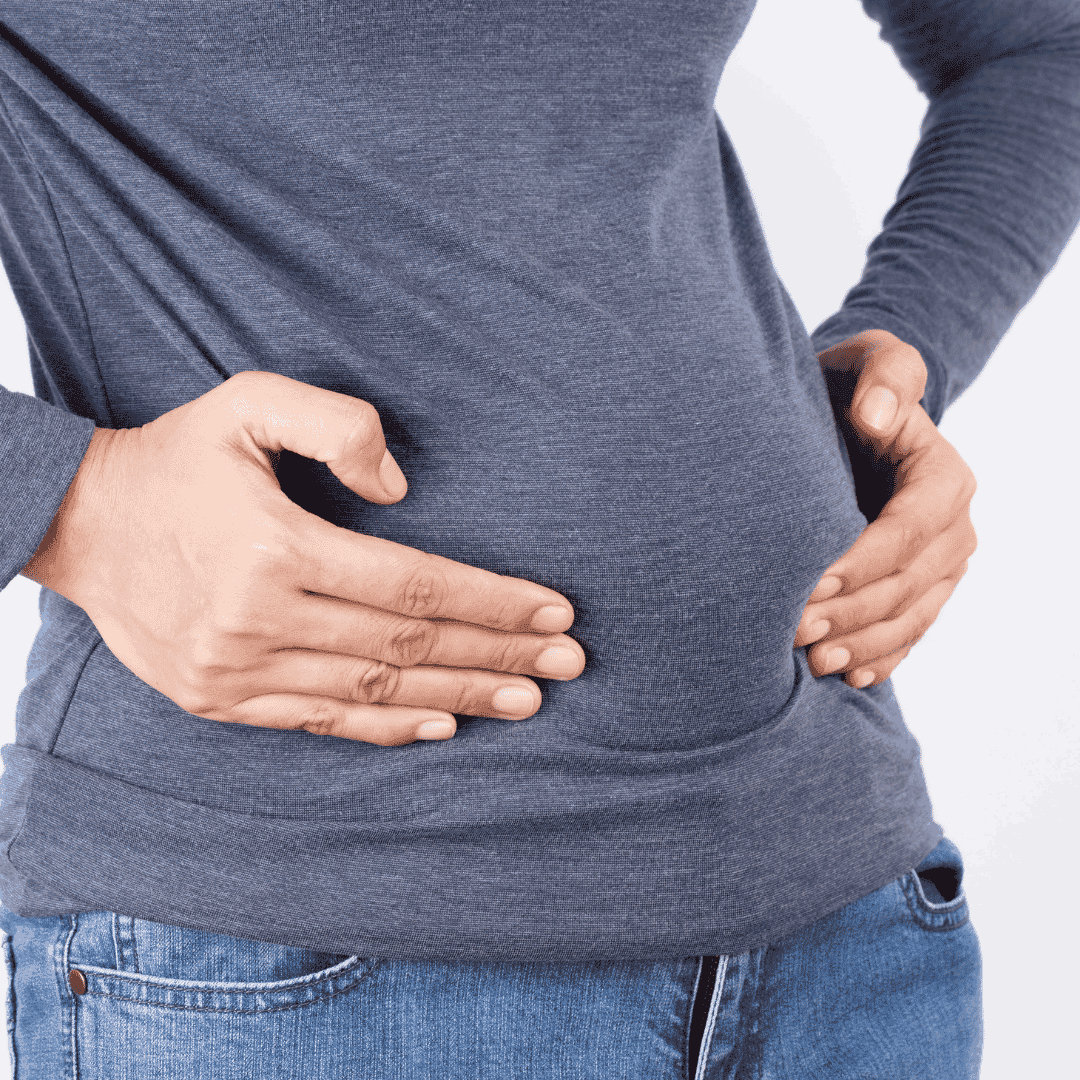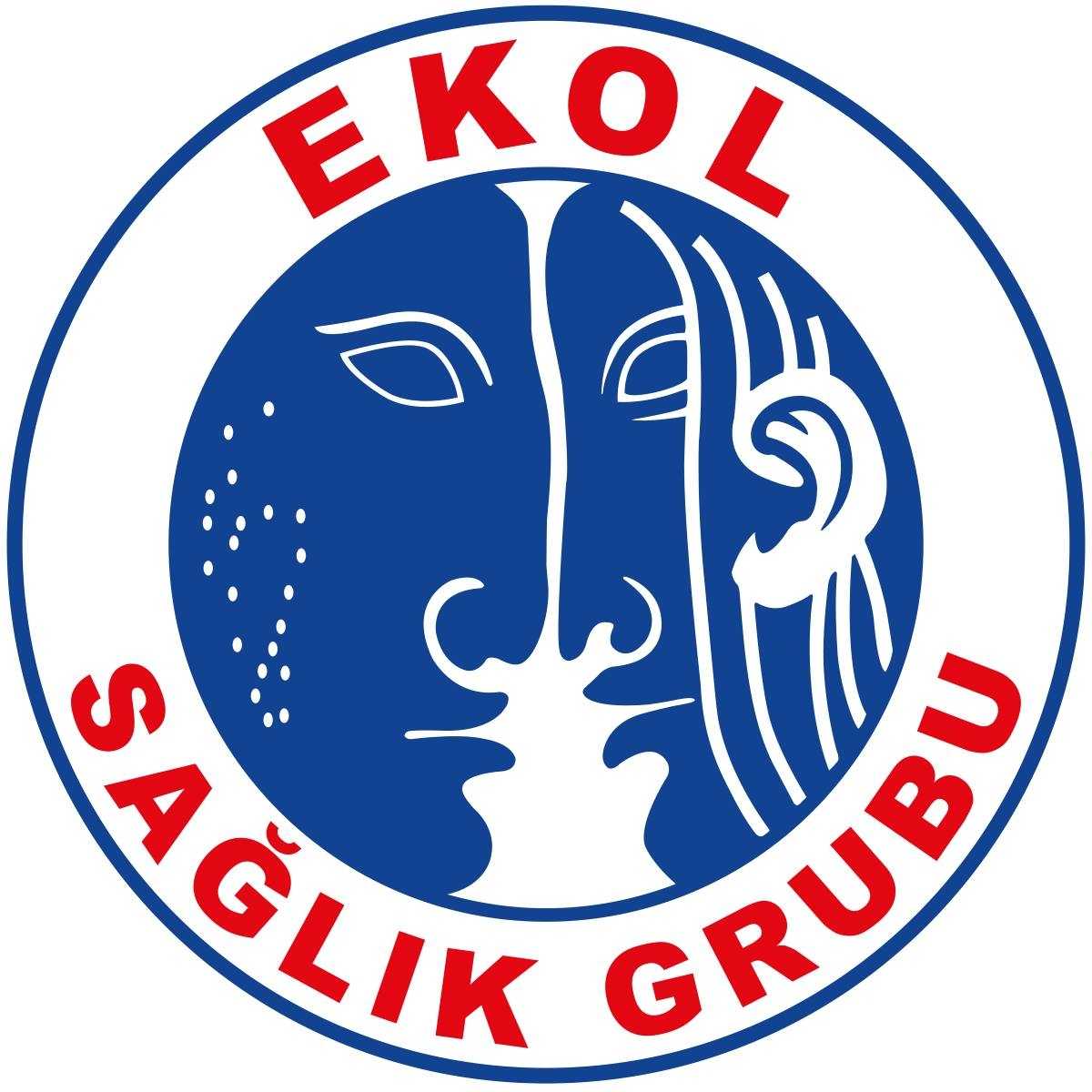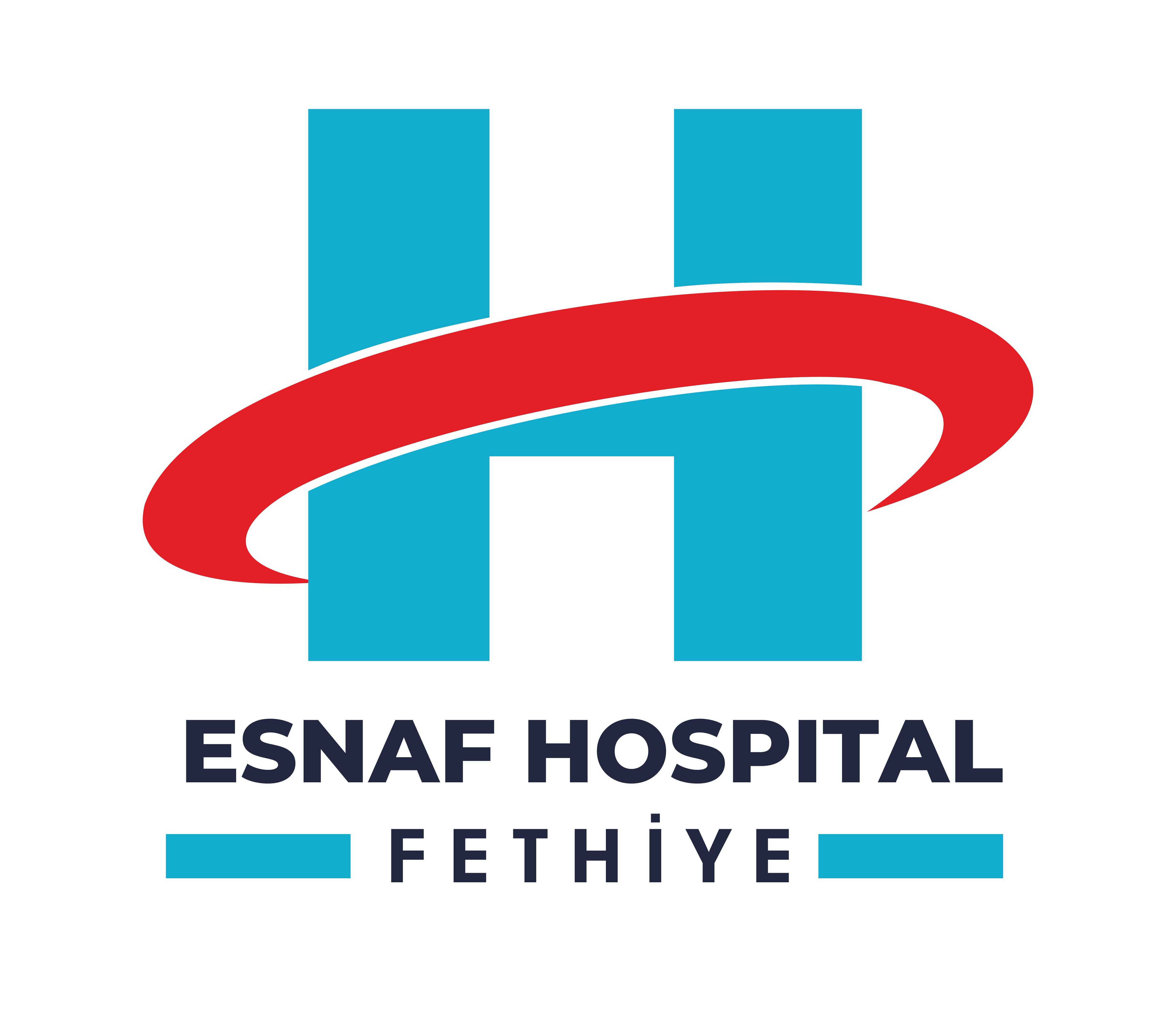Understanding Biliopancreatic Diversion in Turkey
.jpg)
Thinking about biliopancreatic diversion (BPD) as a path to significant weight loss? You're not alone. This specialized surgery offers a powerful solution for individuals struggling with severe obesity. As you explore your options, you might find yourself looking at international destinations, with Turkey frequently appearing as a leading choice for medical tourism, particularly for weight loss procedures.
It's completely natural to wonder about the safety and quality of medical care when considering surgery abroad. When it comes to biliopancreatic diversion in Turkey, many patients find that Turkish clinics and hospitals adhere to rigorous international standards, employing highly skilled surgeons and utilizing state-of-the-art equipment.
This combination allows them to offer complex procedures like BPD at a more accessible cost than in many Western countries, without compromising on the standard of care.
Is Biliopancreatic Diversion (BPD) Generally Safe in Turkey?
The safety of biliopancreatic diversion (BPD) in Turkey is a primary concern for anyone considering this procedure. It’s reassuring to know that Turkey has emerged as a respected hub for bariatric surgery, including complex procedures like BPD. This reputation is built on several factors, including the presence of modern medical infrastructure, advanced surgical techniques, and a growing number of surgeons with international training and certifications.
However, "safe" is always relative to individual circumstances and choices. It's crucial for prospective patients to conduct thorough research, focusing on clinics that are accredited by recognized international bodies and surgeons with a proven track record specifically in BPD. Patient testimonials and transparent communication from the clinic regarding safety protocols, success rates, and potential complications are excellent indicators of a reliable and safe environment for your surgery.
What Exactly is Biliopancreatic Diversion (BPD) Surgery?
Biliopancreatic Diversion (BPD) is a powerful and highly effective bariatric surgical procedure designed for individuals with severe obesity who need substantial and sustained weight loss. Unlike some other bariatric surgeries that primarily restrict food intake, BPD works by both restricting food consumption and significantly reducing the absorption of calories and nutrients.
The surgery has two main components: first, a portion of the stomach is removed, creating a smaller stomach pouch, similar to a sleeve gastrectomy. Second, the small intestine is re-routed, separating the flow of food from digestive enzymes until much further down the intestinal tract. This alteration reduces the time food mixes with digestive juices, leading to less calorie absorption. BPD is known for producing some of the most significant weight loss among bariatric procedures, but it also requires a lifelong commitment to nutritional supplements and follow-up care due to the altered absorption.
What are the Main Benefits of Undergoing BPD in Turkey?
Choosing Turkey for biliopancreatic diversion offers several compelling advantages, making it an attractive option for many patients globally. The most significant benefit is often the cost savings. BPD surgery in Turkey can be substantially more affordable compared to prices in Western Europe or North America, often without compromising the quality of care. This makes life-changing surgery accessible to a wider range of people who might otherwise be unable to afford it.
Beyond cost, Turkish medical facilities boast modern infrastructure, equipped with state-of-the-art technology and staffed by highly trained medical professionals, many of whom have international experience. Patients also benefit from shorter waiting lists, allowing them to schedule their surgery more promptly. The burgeoning medical tourism industry in Turkey also ensures that clinics are well-versed in handling international patients, providing comprehensive packages that often include accommodation, transfers, and language support, thereby easing the logistical burden of overseas travel for surgery.
What are the Potential Risks and Complications of BPD Surgery?
Like all major surgical procedures, biliopancreatic diversion carries inherent risks and potential complications. Short-term risks that can occur during or immediately after surgery include bleeding, infection at the incision site, complications from anesthesia, blood clots, and gastrointestinal leaks where the new stomach or intestines are sealed. While rare, these risks are present and require immediate medical attention.
The long-term risks associated with BPD are more specific to its malabsorptive nature. Patients often experience chronic nutritional deficiencies, particularly in vitamins (A, D, E, K, B12), iron, and calcium, requiring lifelong supplementation. Other long-term complications can include protein malnutrition, dumping syndrome, gallstones, ulcers, and in some cases, small bowel obstruction or hernia. It is crucial for patients to understand these risks thoroughly and commit to strict dietary guidelines and regular medical follow-up to manage and mitigate them effectively.
How Can I Verify the Qualifications of a BPD Surgeon and Clinic in Turkey?
Verifying the credentials of your surgeon and clinic is paramount for a safe and successful biliopancreatic diversion in Turkey. Start by looking for international accreditations for the hospital or clinic. Organizations like the Joint Commission International (JCI) or TEMOS provide accreditation to facilities that meet stringent global standards for patient care and safety. A facility with such accreditation demonstrates a commitment to quality that transcends national borders.
Next, thoroughly research your surgeon. Confirm they are board-certified in bariatric surgery and have extensive experience specifically with biliopancreatic diversion procedures. Don't hesitate to ask for their CV, inquire about their success rates, and understand their approach to managing complications. Reading patient testimonials, asking for before-and-after photos (with consent), and even connecting with past patients can provide valuable insights into their experience and the quality of care provided by both the surgeon and the clinic.
How Does the Cost of BPD in Turkey Compare to Western Countries?
One of the most compelling reasons individuals consider biliopancreatic diversion in Turkey is the substantial cost difference. The price for BPD surgery in Turkey can be dramatically lower—often 50% to 70% less—than equivalent procedures in countries such as the United States, Canada, the United Kingdom, or Australia. For example, a BPD that might cost $25,000 - $40,000 or more in Western nations could be available for $8,000 - $15,000 in Turkey, depending on the clinic, surgeon, and specific package inclusions.
This significant price disparity is not an indicator of lower quality. Instead, it stems from a combination of factors: lower operational costs for hospitals, more affordable labor and medical supplies, and different healthcare economic models. Many clinics in Turkey offer all-inclusive packages that cover the surgery, hospital stay, pre-operative tests, post-operative care, and even airport transfers and accommodation, providing comprehensive value that is hard to match elsewhere.
What Should I Expect During the BPD Recovery Period?
The recovery period after biliopancreatic diversion begins immediately after surgery and requires careful attention and adherence to medical advice. Typically, patients will remain in the hospital for 3 to 7 days, during which time medical staff will monitor for complications, manage pain, and guide them through the initial stages of dietary progression. The first few days will involve consuming only clear liquids, gradually moving to full liquids, pureed foods, soft foods, and eventually solid foods over several weeks.
Upon returning home, a full recovery to normal activities generally takes about 4 to 6 weeks. During this time, patients will experience fatigue, some pain or discomfort at the incision sites, and significant changes in their eating habits. Adhering to the surgeon's post-operative instructions, including dietary guidelines, medication schedules, and activity restrictions, is crucial for a smooth and successful recovery. Lifelong dietary adjustments and supplement intake become a fundamental part of post-BPD life.
What Kind of Post-Operative Care and Follow-up Does Turkey Offer for BPD Patients?
Quality post-operative care and long-term follow-up are critical for the success and safety of biliopancreatic diversion. In Turkey, reputable clinics understand the importance of comprehensive care for international patients. During your hospital stay, you will receive medical monitoring, pain management, and nutritional counseling to prepare you for the initial recovery phase. Many packages include a certain number of follow-up appointments during your stay in Turkey to ensure you are progressing well before returning home.
For long-term follow-up once you're back in your home country, Turkish clinics often provide remote support. This can include virtual consultations via video calls, email communication, and guidance on necessary blood tests to monitor nutritional levels. While it is important to find a local healthcare provider for regular check-ups and urgent needs, the Turkish clinics strive to ensure continuity of care, emphasizing the importance of ongoing communication to manage the unique nutritional requirements and potential challenges associated with BPD.
What are the Long-Term Nutritional Considerations After BPD?
The malabsorptive nature of biliopancreatic diversion means that long-term nutritional management is not just important but absolutely essential for health and well-being. Patients undergoing BPD will have a significantly reduced ability to absorb fats and fat-soluble vitamins (A, D, E, K), as well as iron, calcium, and vitamin B12. This necessitates a lifelong commitment to daily vitamin and mineral supplementation, often in higher doses than typical recommendations.
Beyond supplements, a high-protein diet is crucial to prevent protein malnutrition and maintain muscle mass. Regular blood tests, typically every 3 to 6 months in the first year and annually thereafter, are necessary to monitor nutritional levels and adjust supplement dosages as needed. Patients must work closely with a dietitian or nutritionist experienced in bariatric surgery to develop and adhere to a personalized dietary plan, ensuring adequate nutrient intake and preventing serious health complications related to deficiencies.
Are There Specific Travel and Accommodation Considerations for BPD Patients in Turkey?
Traveling for a major surgery like biliopancreatic diversion requires careful planning beyond just the medical procedure itself. For patients coming to Turkey, it's highly recommended to travel with a companion who can provide support, especially during the initial recovery days. Many clinics offer comprehensive packages that include airport transfers and accommodation, often in partner hotels close to the hospital, which can greatly ease logistical burdens.
When booking flights, ensure flexibility and allow ample time for recovery before flying home. Generally, doctors advise against flying for at least 7-10 days after abdominal surgery to minimize the risk of blood clots and other complications.
Additionally, securing robust travel insurance that specifically covers medical emergencies and potential complications from elective surgery abroad is a wise investment. Patients should also research visa requirements, local transportation, and have a clear communication plan with the clinic throughout their stay.
Ready to explore your options for safe and effective biliopancreatic diversion? Visit PlacidWay today to connect with top-rated clinics and surgeons in Turkey and around the world, and take the next step towards your health goals.




.png)




.png)
.png)
.png)
.png)






Share this listing